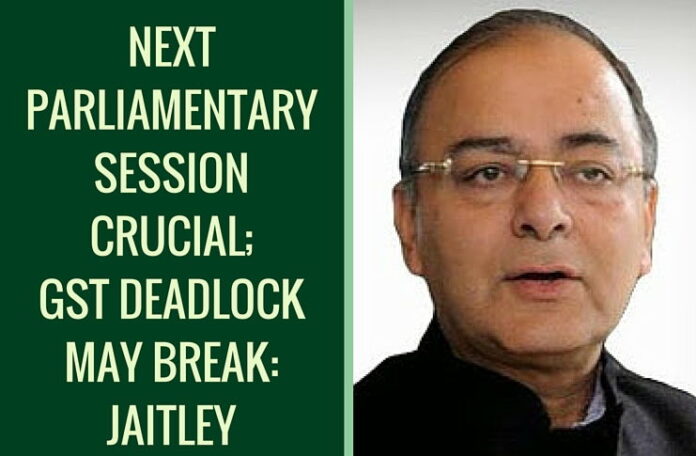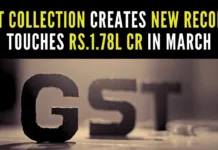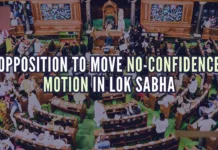
“Among the states, there is a complete consensus now (on the bill). Between political parties, it is no secret that there is virtually a consensus… everybody supports it but parliamentary obstructionism has prevented it from happening in the last few sessions,” Jaitley said while addressing trainee officers of the Indian Revenue Service here.
“The next session is going to be extremely important; halfway through the next session, the numbers (of members of different political parties) in the upper house (Rajya Sabha) are also going to change. I am reasonably optimistic as far as the next (parliament) session is concerned… that we may be able to push the bill through,” he added.
The budget session of parliament will begin in February-end. The GST Bill was passed in the Lok Sabha in May 2015.
He said after the Rajya Sabha’s nod to the bill, three more bills were required and these had been worked out.
“We are in a state of readiness as far as those legislation are concerned, which will have to be passed by the central government and one by the state governments,” the minister said.
He said implementation of GST was already late in the country.
“Ideally, it should have come much earlier. We must remember it changes the basics of indirect tax levy on products. Once implemented, it will change India into one big market. Every state will not be a separate market and that’s a major thing for India.”
“One sixth of the world’s population will comprise one market, probably one of the biggest market in the world.”
(IANS)
- Pentagon cancels aid to Pakistan over record on militants - September 2, 2018
- The curious case of Tamil Nadu’s opposition to NEET - September 4, 2017
- If 2.6 Billion People Go To War: India vs. China - July 22, 2017










